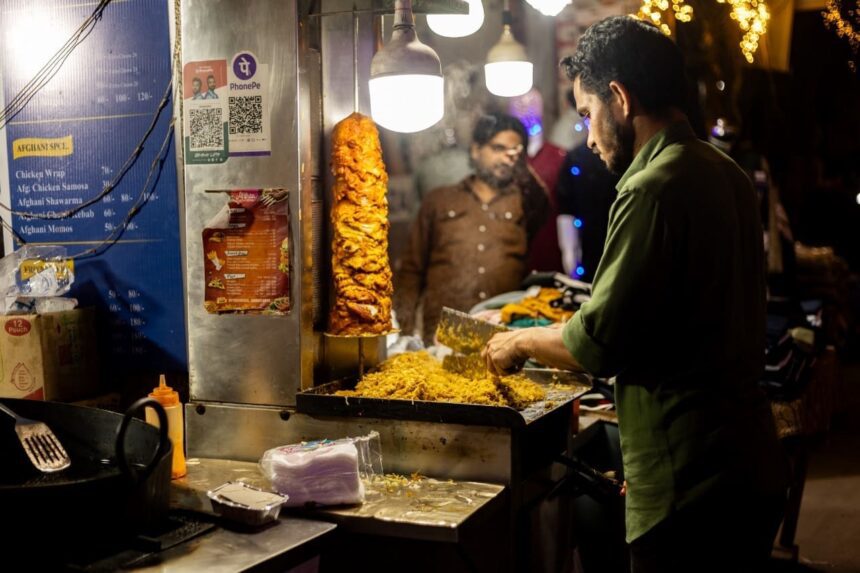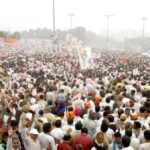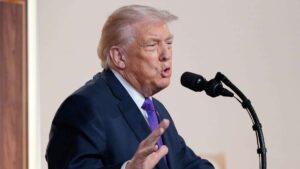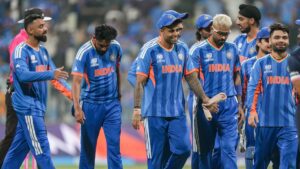In Bhopal, Madhya Pradesh, recent directives have sparked widespread condemnation as authorities announced a ban on the sale of meat, fish, and eggs during the Hindu festival of Navratri. This festival, observed in honor of the deity Durga, commenced on September 22 and is set to conclude on October 2.
According to Bhopal Sub-Divisional Magistrate Divya Patel, the ban is effective from September 22 to October 2. Critics argue that such restrictions disproportionately target specific communities, particularly Muslims, and have serious implications for their livelihoods.
Political figures have voiced their opposition to the ban. TMC leader Mahua Moitra expressed her discontent via social media, questioning how a multi-faith city like Bhopal can be compelled to eliminate the sale of meat, fish, and eggs simply to accommodate temporary dietary choices during the festival. “This is the lunacy you get when you vote BJP,” she stated.
Aatifa Ikram Khan, a resident of Jabalpur, highlighted that this prohibition reflects a broader trend of imposing majoritarian values on minority communities, which she argues aims to undermine their economic stability. Khan noted that in her hometown of Sihora, a similar meat ban during Hindu festivals has been a long-standing tradition, leading to the closure of meat shops and a lack of availability even on non-festival days.
Ankit Pachauri, a senior journalist based in Bhopal, remarked that typically, those who sell meat are from marginalized communities—namely Muslims, Dalits, and Tribals. He pointed out that the current BJP government has enacted stringent measures against open meat sales, indicating a shift toward a more restrictive environment for non-vegetarian food.
Pachauri also emphasized that such bans are not prevalent in states like West Bengal, where the consumption of meat and eggs during Navratri is common. He argued that food practices in India are culturally contextual and historically have been matters of personal choice rather than enforced by the government.
Khan further contended that the ban serves to economically target the Muslim community. She stated that traditional livelihoods for many Muslims hinge on the sale of meat and eggs, and that the ban exacerbates their socio-economic challenges. “For some women who sell eggs to support their families, this ban forces them into financial hardship,” she said.
In addition to Madhya Pradesh, similar bans have been reported in Uttar Pradesh, where the police have ordered the closure of restaurants serving non-vegetarian food throughout the festival period. Circle Officer Varun Mishra confirmed that such measures aim to honor the faith and customs of devotees.
The Vishwa Hindu Parishad, a Hindutva organization, has also submitted a memorandum in Haryana’s Gurugram, requesting that all meat and fish shops remain closed during Navratri.
The implications of these bans extend beyond contentious debates over food choices; they encapsulate broader issues of community relations, economic impact, and the intersection of religious practices with governmental authority.
Tags: Meat ban, Eggs ban, Navaratri, Majoritarian move, Muslims marginalized
Hashtags: #Meat #eggs #ban #Navaratri #majoritarian #move #weaken #Muslims #marginalised #Critics










